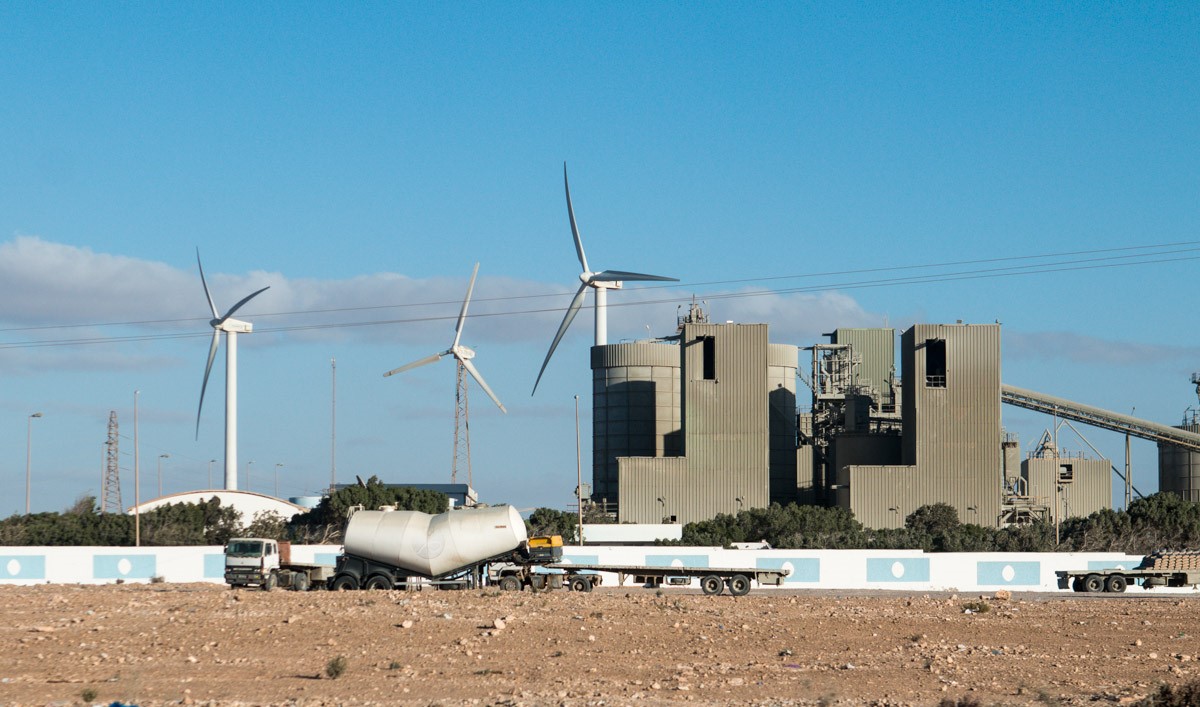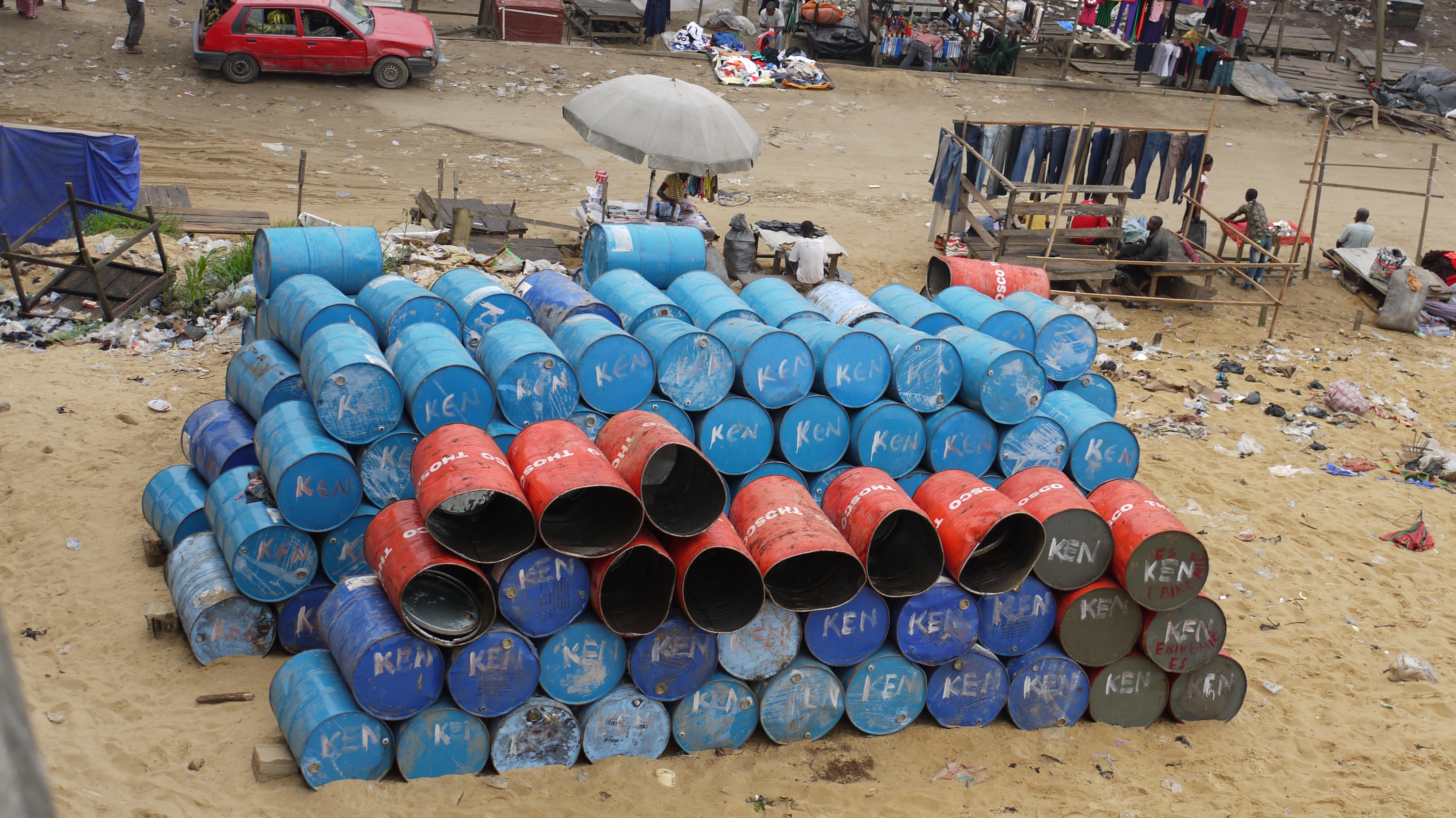Africa currently stands at the crossroads of two pressing challenges: a mounting debt crisis, and the urgent need for financing to combat climate change. Despite the significant burden of debt, there appears to be a growing realisation among African countries of the potential of climate finance as a catalyst for economic recovery, writes Kenneth Agyir.
The continent’s governments and stakeholders are actively seeking avenues to access climate funds. To do so, African countries need to adopt key strategies to improve access to climate financing amidst a burgeoning debt crisis.
Navigating debt
The African Development Bank reports that Africa’s gross public debt increased from 36 per cent of GDP to 71.4 per cent of GDP between 2010 and 2020. This rise in debt is projected to increase a further 10 to 15 per cent over the next three to ten years. This is attributed to the combined fiscal challenges of the post-covid-19 economic recovery, the increasing effects of climate change, more security spending, inflation, and global market volatility.
The combined effects of rising debt levels and climate change on economic growth and development in Africa have recently taken centre stage in debates about the continent’s future. African countries ability to rise above their debt challenges and access climate financing to support economic recovery and build resilient societies will be a key trend in the coming years.
With the growing prominence of green bonds as a viable option for climate financing, the adverse impact of the debt crises on investor confidence and resultant limitations on the market access of African countries is a source of concern. As highlighted by the IMF’s Deputy Managing Director, Tao Zhang: “For countries with high-risk premia, as is the case for much of sub-Saharan Africa, the success of green bonds will depend on improved debt management.” Scepticism about the risk of misapplication of climate funds for servicing existing debts, poses a significant threat to access to such financing from both investors and donors.
Accessing finance
Africa can rise above its debt challenges and reposition itself to unlock the needed financing to boost climate resilience and inclusive socio-economic development. But business as usual won’t achieve this. Instead, the continent’s leadership will need to adopt strategies which give it the best opportunity to thrive.
To effectively access climate financing, African countries must prioritise the establishment of robust governance structures. This entails creating dedicated national bodies or strengthening existing ones to coordinate climate finance efforts. These institutions should promote transparency, accountability, and efficient allocation of funds. By developing clear guidelines and mechanisms for project selection, monitoring, and evaluation, countries can enhance their credibility and attract international climate finance.
Aligning climate action with national development priorities is crucial for accessing climate finance. African countries need to integrate climate change considerations into their national development plans, demonstrating their commitment to addressing climate risks while pursuing sustainable economic growth. By incorporating climate targets, strategies, and indicators into their development frameworks, nations can showcase the coherence of their climate and development agendas, thereby increasing their attractiveness to climate financiers.
Reliable data and information are essential for effective climate financing. African countries should invest in robust data collection systems to improve their understanding of climate risks, vulnerabilities, and adaptation needs. By conducting comprehensive climate risk assessments, nations can generate accurate data to inform project proposals, prioritise investments, and support evidence-based decision-making. This will bolster their capacity to access climate finance by providing credible information to potential donors and investors.
Regional collaboration presents a promising avenue for African countries to enhance their access to climate financing. By forming partnerships and sharing knowledge, countries can pool their resources, expertise, and experiences. Regional blocs can collectively develop bankable projects and engage with regional development banks and international climate funds. By leveraging regional cooperation, African nations can enhance their negotiation power and improve their chances of securing climate finance.
While external climate finance is essential, African countries should also explore domestic financing mechanisms. Governments can create enabling environments for private sector investments in climate-friendly projects by implementing policies that incentivise sustainable practices and clean technologies. Additionally, innovative financing mechanisms such as green bonds, carbon pricing, and public-private partnerships can mobilise domestic resources to complement international climate funds. Strengthening tax systems and combating corruption is also vital for increasing domestic resource mobilisation.
Active engagement in international climate negotiations and diplomacy can open doors to additional climate finance opportunities. African countries should proactively participate in global climate initiatives, showcasing their commitment to climate action and presenting viable policy and project proposals. By forging partnerships with developed nations, international organizations, and climate finance institutions, African countries can enhance their visibility, gain technical assistance, and access larger funding pools.
To access climate financing, African countries need to invest in building robust institutional frameworks to effectively manage and utilise climate finance. This certainly must entail establishing transparent and accountable mechanisms for the use of such financing. This includes setting up and expanding the capacity of dedicated climate finance units at both local and regional levels, improving financial management systems, and enhancing monitoring and evaluation processes. By so doing, countries can instil confidence in potential funders and investors, and provide the needed assurances that climate funds will be used efficiently and effectively for their intended purposes.
Strengthening technical skills and knowledge in climate finance management is another paramount step for Africa towards tapping into the wells of climate financing. African governments must continue to invest in training programs, workshops, and knowledge-sharing platforms to enhance the capacity of policymakers and practitioners, enabling them to effectively access and utilise climate financing. The ordinary citizen must also be equipped with an understanding of the issues and the avenues for contributing towards resilience efforts. These capacity-building efforts focus on financial management, project design, climate risk assessment, and innovative financing mechanisms.
Looking ahead
Africa’s determination to access climate financing despite its debt crisis is commendable and a testament to its resilience and commitment to a sustainable future. It signifies the continent’s commitment to overcoming the threats of climate change and bringing prosperity to its people. However, there are challenges to overcome, including complex procedures, limited capacity, and inadequate resources.
International support, collaboration, and innovative financing mechanisms are crucial to bridge the gap and ensure that climate finance reaches those who need it the most. By adopting strategic approaches, strengthening institutional capacities, and prioritising climate-smart investments, African countries can unlock the potential of climate financing, break the shackles of debt, and build a climate-resilient and prosperous Africa.
Photo credit: Paul Wilkinson used with permission CC BY 2.0






Kenneth offers a persuasive analysis of the substantial role climate finance can play in aiding Africa’s battle against escalating debt and climate adversities. While I concur with the points presented, I believe that for sustainability, there is a crucial need to embed climate change initiatives within public budgets and the daily operations of all government sectors.
Moreover, the emphasis on accessing international climate finance, while important, should be complemented with a focus on enhancing domestic resource mobilization. This would entail urging African nations to bolster their own resource bases, foster private sector involvement, and adopt innovative mechanisms to underpin their climate action initiatives.